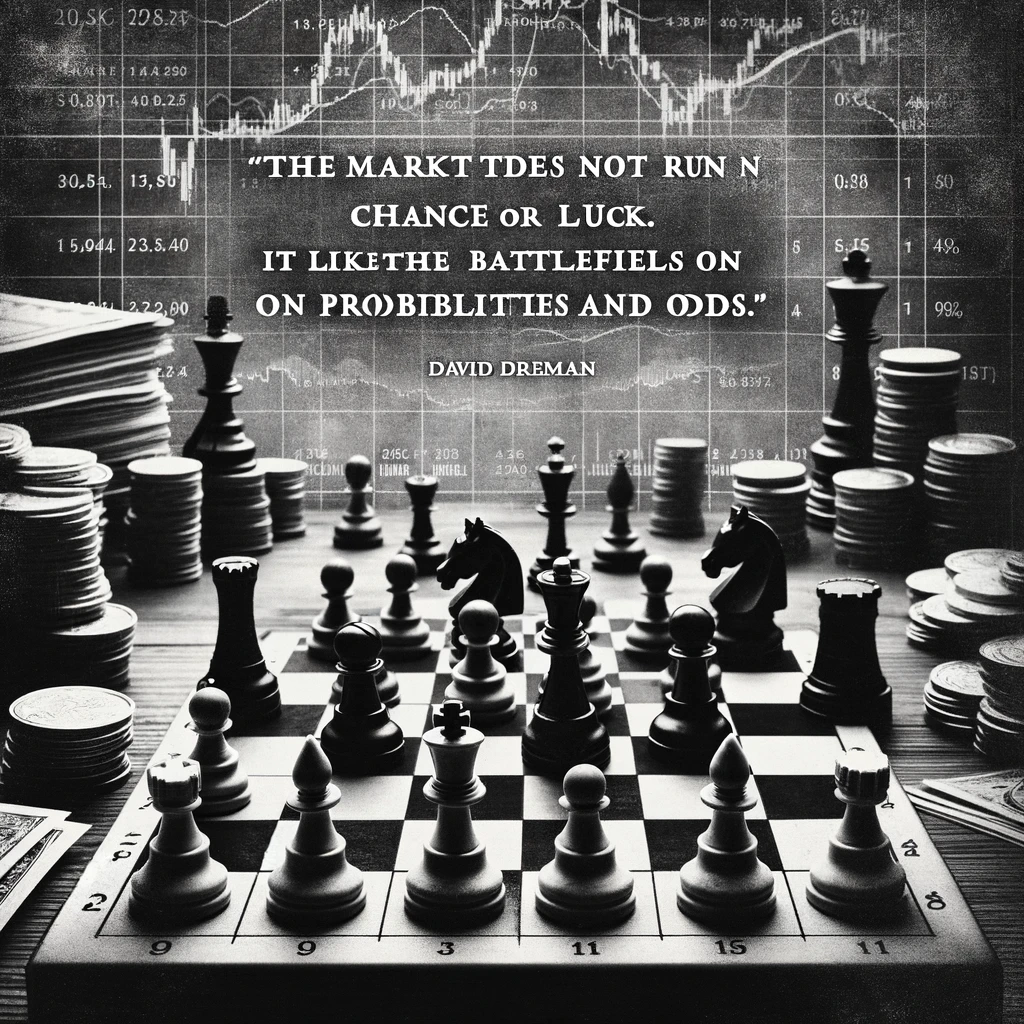In the intricate world of trading, the journey of a trader is often punctuated with losses, mistakes, and the occasional relinquishment of profits. This reality, far from being a deterrent, serves as a crucible for the development of exceptional trading acumen. The hallmark of great traders is not their infallibility but their profound understanding of risk and their adeptness at navigating it. This concept is central to the exploration in “Mastering the Mental Game of Trading,” a book that delves into the essence of risk-taking in the trading arena.

Research and anecdotal evidence alike underscore the frequent financial setbacks even the most successful traders face. A study published in the “Journal of Financial Markets” highlights the volatility of trading success, noting that a significant portion of traders experience substantial losses at various points in their careers. Yet, it’s their resilience and capacity to manage risk that sets great traders apart. They recognize that trading is fundamentally a game of risk, and mastering it requires not just skill but also an exceptional psychological fortitude.
However, the relationship between risk and reward is complex and inherently fraught with the possibility of failure. In the narratives of financial markets, there are countless tales of eminent risk-takers who, despite their expertise, encountered failure. These stories, which are discussed in “Mastering the Mental Game of Trading,” serve as poignant reminders of the precarious balance between risk and reward. They illustrate that even the most calculated risks can lead to unforeseen outcomes, highlighting the unpredictable nature of trading.
The unequivocal truth that emerges from these reflections is that risk-taking is indispensable to trading success. This notion is reinforced by psychological research, such as a study in the “Psychological Review,” which suggests that the willingness to engage with risk is a critical determinant of success in decision-making under uncertainty. The study posits that risk-taking is not merely a strategic choice but a psychological imperative for achieving significant outcomes.
“Mastering the Mental Game of Trading” ventures beyond the conventional discourse on strategies and techniques, inviting readers to embark on a profound introspective journey regarding their relationship with risk. The book does not purport to offer definitive answers or foolproof solutions. Instead, it aims to provoke deep reflection on the reader’s inherent risk-taking propensities and challenges them to contemplate how they can enhance their capacity to manage risk effectively.
By fostering a deeper understanding of one’s psychological predispositions towards risk, the book endeavors to equip traders with the insights necessary to refine their risk-taking strategies. It encourages traders to consider how their attitudes towards risk impact their trading decisions and overall success. Through a combination of theoretical exploration and practical insights drawn from the experiences of seasoned traders, “Mastering the Mental Game of Trading” aspires to guide readers towards becoming more adept and sophisticated risk-takers.
In essence, the journey to trading excellence is inextricably linked to one’s ability to engage with risk thoughtfully and strategically. It is a path that demands not only technical proficiency but also a robust psychological resilience and a willingness to confront and learn from failures. “Mastering the Mental Game of Trading” offers a gateway to understanding this complex interplay between mind, market, and risk, providing readers with a framework to enhance their risk-taking capabilities and, ultimately, their trading prowess.
Related Posts
- 67Embarking on a trading adventure involves developing a systematic strategy, understanding trend following, and mastering risk management. Drawing on resources like Covel's "Trend Following" and Schwager's "Market Wizards," traders must cultivate patience and discipline. Continual learning and adaptation are crucial to navigating the ever-changing markets and achieving long-term success.
- 61Employment losses during the Great Recession may have had more to do with factors like the rise of Walmart than with the recession itself, two economists say in a new academic paper. The paper, presented Friday morning at the annual gathering of economists and central bankers at Jackson Hole, Wyo.,…
- 61Books trace their origins from ancient clay tablets and scrolls to modern digital forms, charting a history entwined with human knowledge, progress, and culture. Created first by hand and later revolutionized by Gutenberg's printing press, books became more accessible, fostering literacy and the spread of ideas. Bookstores emerged as cultural…
- Icahn, Soros, Druckenmiller, And Now Zell: The Billionaires Are All Quietly Preparing For The Plunge56"The stock market is at an all-time, but economic activity is not at an all-time," explains billionaire investor Sam Zell to CNBC this morning, adding that, "every company that's missed has missed on the revenue side, which is a reflection that there's a demand issue; and when you got a…
- 53This compendium of wisdom emphasizes respect, integrity, self-improvement, and happiness, drawn from literature on human behavior and growth. Advocating respectful interactions, trustworthy conduct, and acts of generosity, it also highlights the importance of passion, goal-setting, nurturing relationships, mindful self-care, social etiquette, and lifelong learning. Ultimately, it invites us to live…






